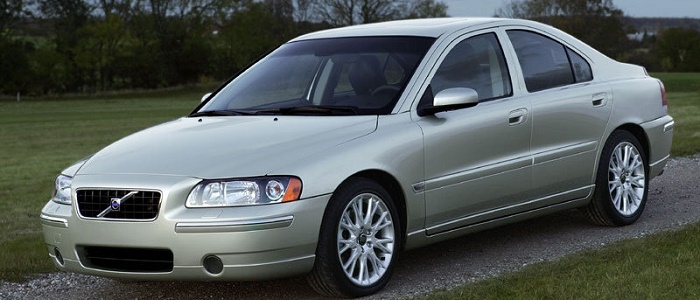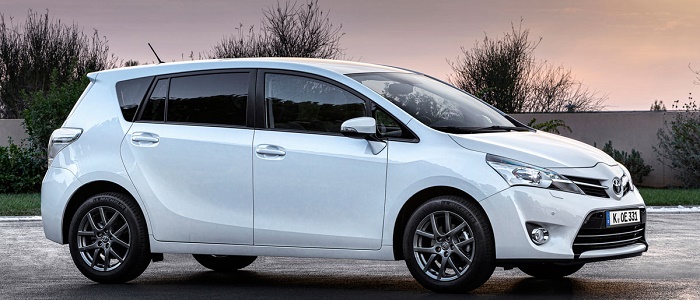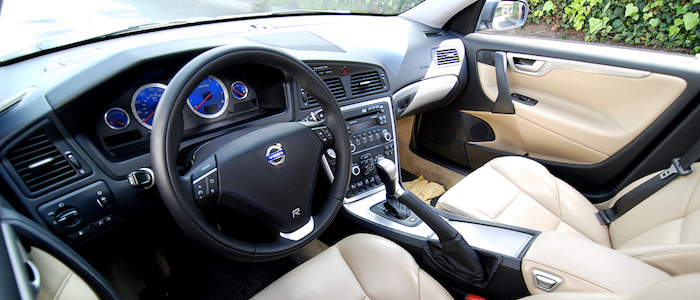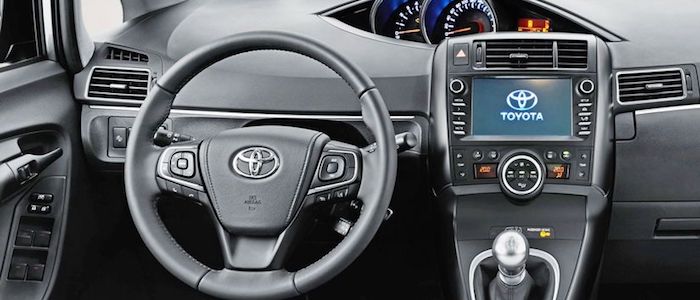Compare two cars
Compare any two cars and get our Virtual Adviser™ opinion
Marketing
Dimensons & Outlines
Engine
Performance (manual gearbox)
Performance (automatic gearbox)
Expenses
Virtual Adviser's™ opinion
Not too much to compare here, I'm affraid. We're considering two fairly different vehicles in this case. For a start, they are not even classified under the same segment, with the Volvo being a large family car and the Toyota representing mpv vehicle class. Apart from that, different body styles uncover their separate purposes. The first one is a 4-door sedan meant for people who apreciate old fashion elegancy or even use it as a company car. The other one, a 5-door MPV is mostly desired by those who frequently take a lot of people with them wherever they go.
SafetyThe first thing to look into here would be the results from European New Car Assessment Programme (Euro NCAP) tests performed on the two cars. Good thing is that both vehicles got tested, with the Toyota being a slightly better choice apparently. That aside, let's consider some other aspects which affect safety. The first vehicle is a large family car, providing approximately same level of protection as the mpv competitor, at least that's what statistics show. Furthermore, taking kerb weight as an important factor into account, the Swedish car offers a marginal difference of 2% more metal.
ReliabilityManufacturers have been building their reliability reputation for decades now and, generally speaking, it appears that Toyota does have a slight advantage, when all the models are taken into account. These are the official statistics, while our visitors describe reliability of Volvo, as well as Toyota, with the same average rating of 4.6 out of 5. Unfortunatelly, I don't have enough insight that would allow me to comment in more details on the specific models level. Above it all, drivers of cars with the same engine as the Swedish car rank it on average as 5.0 out of 5, exactly the same as the other one.
Performance & Fuel economyVolvo is undoubtly more agile, reaching 100km/h in 1.6 seconds less than its competitor. In addition to that it accelerates all the way to 225 kilometers per hour, 35km/h more than the other car. When it comes to fuel economy an obvious choice would be the Japanese car, averaging around 6.8 liters of fuel per 100 kilometers (42 mpg), in combined cycle. That's 31% difference compared to the Swedish car!
Verdict
Toyota appears just a bit more reliable, although the difference is truly marginal. The most important thing when deciding between any two vehicles should always be safety, both passive and active. In my opinion, everything taken into account, the Japanese car offers slightly better overall protection and takes the lead. From there things take a different direction, with Volvo being considerably quicker, thus putting more smile on driver's face. It does come at a cost though, and that's the fuel consumption... All together, there's not much more to say, in this case I wouldn't even consider anything but Toyota. In any case that's my personal view, built upon all the data available to me. What should decide here though is the way you feel about the two vehicles, and I hope you'll find my guidelines useful in the process. I suggest you spend two more minutes in order to find out which car, based on your needs and budget, would be picked by the virtual adviser™, among more than 12.000 different ones in our database.
































